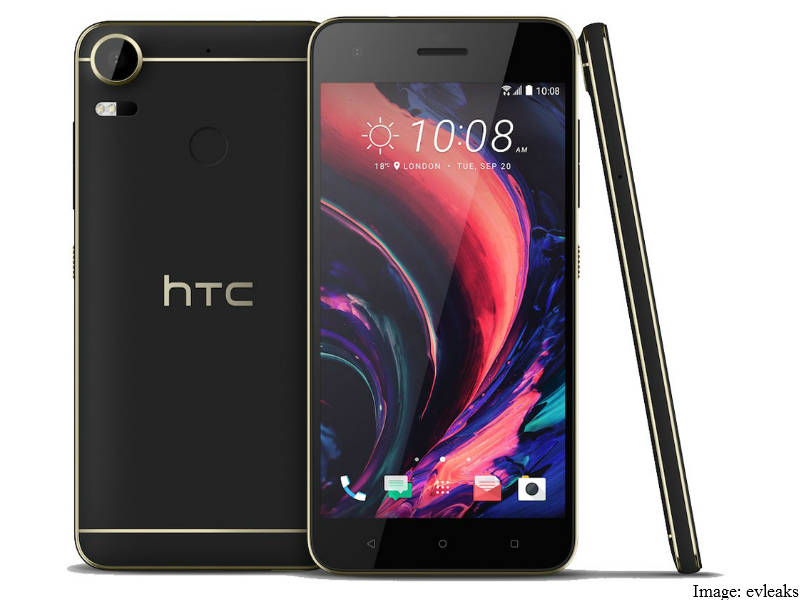Android’s Share Swells to 86.2%, iOS Shrinks to 12.9%: Are we Headed for an Absolute Android Monopoly?
by August 19, 2016 1,942 views1
Android has been the dominant mobile OS for quite some time now so when Gartner released its report for the April-June quarter nobody was surprised to see Android with an overwhelming lead over the other mobile operating systems. What is a bit surprising and frankly a bit concerning is that Android’s overwhelming lead is now getting dangerously close to a total monopoly. And if history is anything to go by monopolies are never good. Not in tech.
Android now controls 86.2% of the global market and the market share of the only other competitor of any note – Apple’s iOS – has shrunk to 12.9%. If you are wondering what happened to the others, well there is more bad news for you if you, like me, don’t like monopolies.
Microsoft’s Windows OS now has 0.6% of the marketshare. That’s down from 2.5% last year. BlackBerry OS’ share is an abysmal 0.1%. It wasn’t much better last year either; they were at 0.3% last year. There may not be any more BlackBerry OS powered devices by this time next year, especially now that BlackBerry has pretty much decided to adopt Android at the cost of its own OS. Of course they didn’t have much of a choice. The Canadian multinational has chosen to live and fight another day over going down with the sinking ship. Wise move, I reckon.
iPhone sales have dropped by 7.7% compared to what they were this time last year. This is another reason why the Cupertino based tech pioneer would be hoping that its next iteration of the best selling gadget of all time succeeds. Apple is banking on the success of the iPhone 7 big time.
Apple sales declined in North America (its biggest market) and in Western Europe. It witnessed its worst sales decline in Greater China and mature Asia/Pacific regions, where sales declined 26 per cent.
– From the Gartner report
Having said that the report also goes on to say that demand for iPhones grew exponentially in sub-Saharan Africa and Eastern Europe. iPhone sales were up by 95% in these regions. This growing demand for iPhones in far-off regions has kept Apple hopeful. Apple is currently in a bit of weird position to be honest. The iPhone’s sales have declined for three consecutive quarters now, however, there is also this increase in adoption of iPhones in previously uncharted territories for Apple Inc.
More from iSpyPrice: Find the best 4G Android mobiles in India on iSpyPrice
The rise of Android has been facilitated by Google’s ability to make it available to as many OEMs as possible. Android doesn’t discriminate and often embraces brand based ecosystems.
Facing a highly commoditised smartphone market, Google’s focus is to further expand and diversify the Android platform with additional functionalities, like virtual reality, enabling more-intelligent experiences and reach into wearables, connected home devices, in-car entertainment and TV.
– Roverta Cozza, Research Director, Gartner
iOS has unfortunately suffered from Apple’s unwillingness to let its system software be used by other brands. However, Apple may disagree with that assessment.
The company has always taken pride in building products that make it stand out from every other brand and letting various OEMs use iOS on their device would go against brand Apple’s long term strategy. It is largely due to this brand image that Apple still endears itself to the masses when it enters new markets like sub-Saharan Africa.
As Mr. Cozza points out Android is also able to dominate the market because it is the platform of choice for a large number of emerging technologies including virtual reality, connected home devices, and wearables. Apple has the option of either building all of this into its own ecosystem or letting developers use its OS to build for these platforms. We will have to wait and see whether Apple changes its stance and embraces the open and connected ecosystems around it anytime in the near future.
If the iPhone 7 fails to impress, which is unlikely might I add, and Android continues to grow at the current rate Apple may find itself in hot waters within a couple of years.






